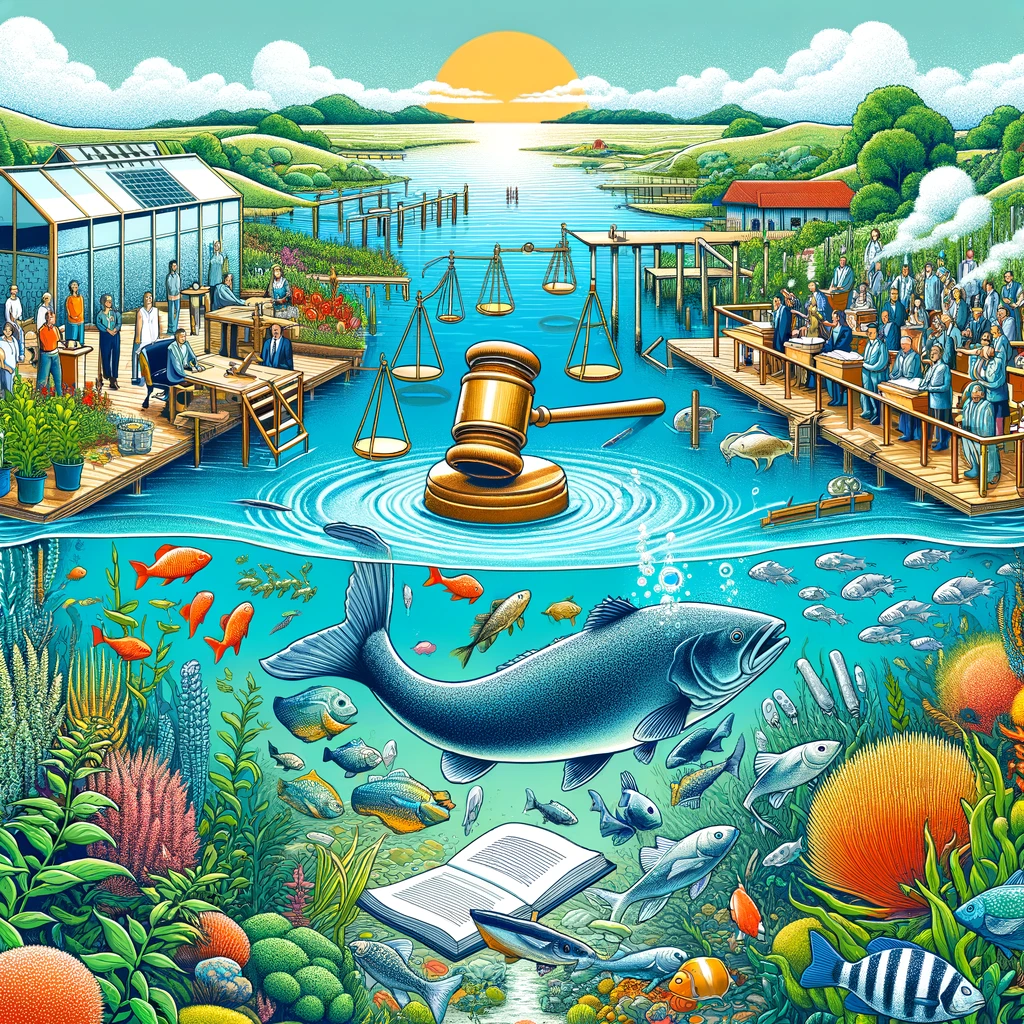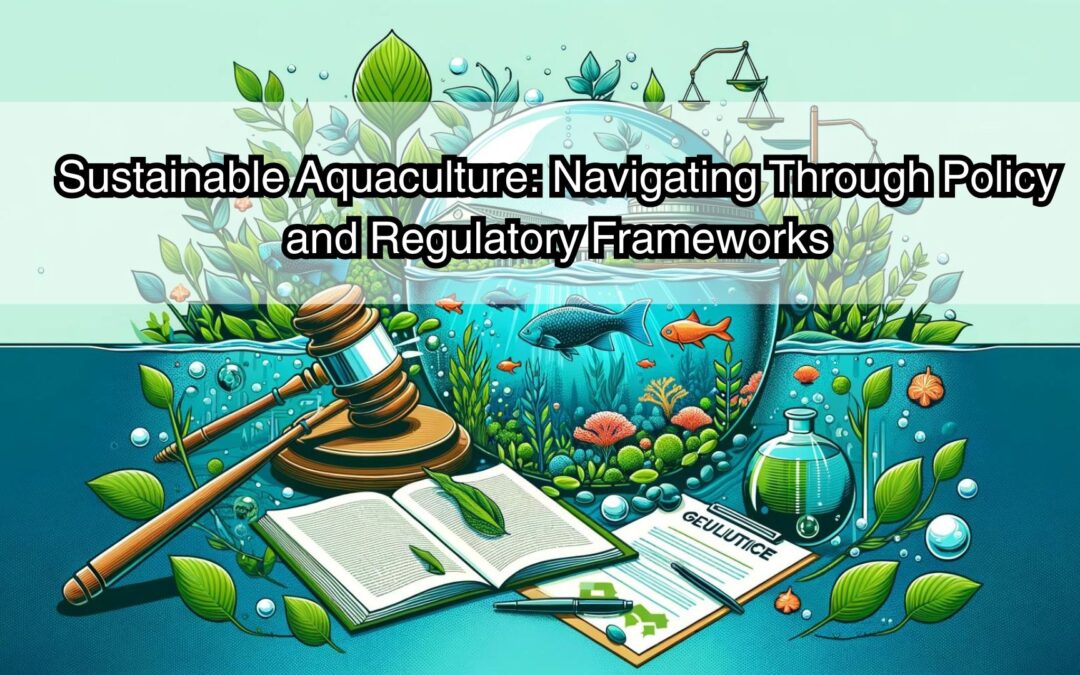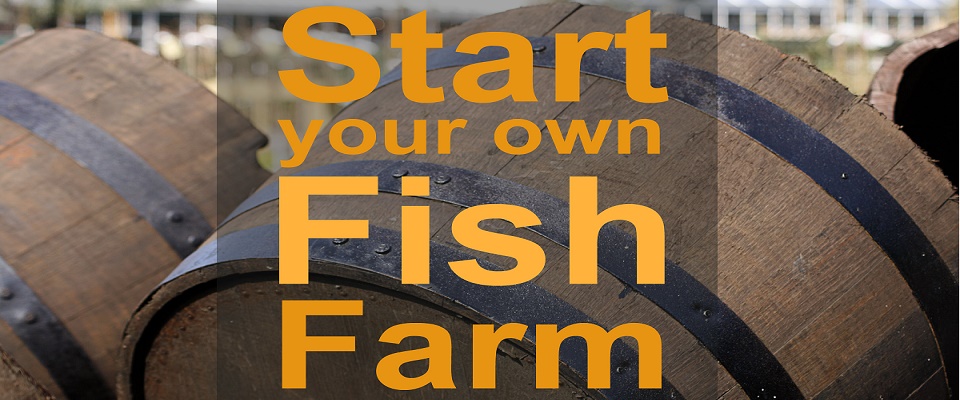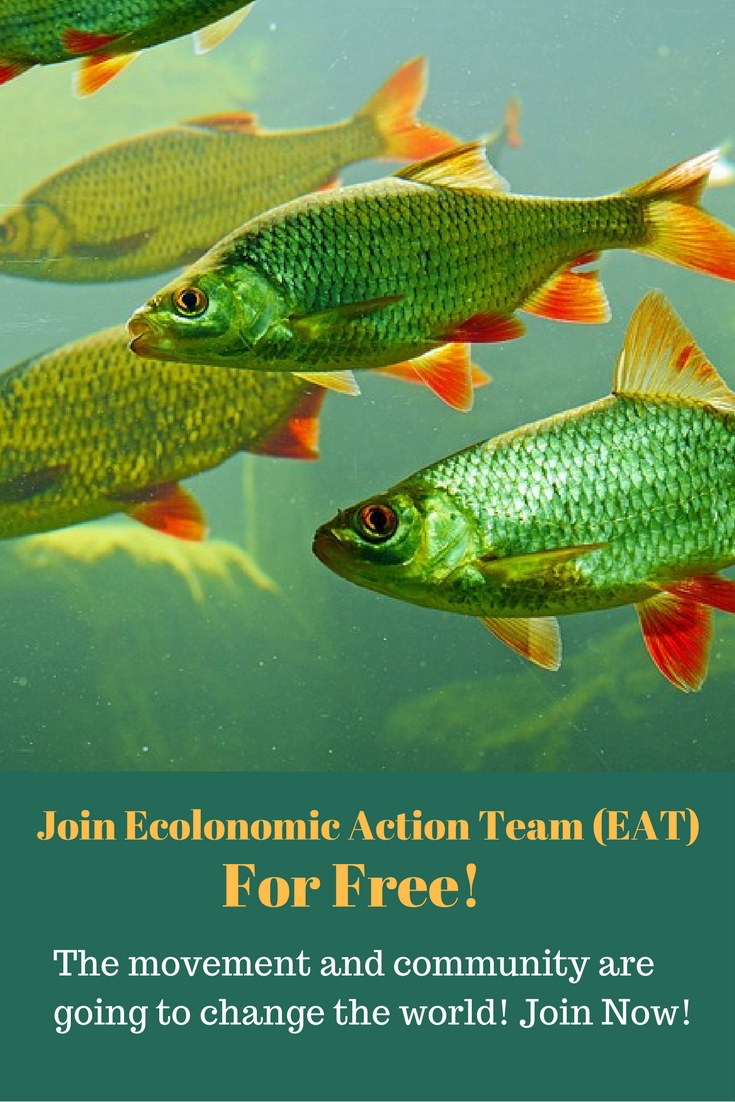Introduction
In the rapidly expanding world of aquaculture, the importance of robust policy and regulatory frameworks cannot be overstated. As we strive to meet the soaring demand for seafood, it’s crucial that we do so responsibly, ensuring the sustainability of our practices. This article delves into the significance of these frameworks in aquaculture, emphasizing the necessity for clear guidelines, social responsibility, and stakeholder engagement to promote ethical and sustainable aquaculture practices.
The Cornerstone of Environmental Stewardship
“Ensuring environmental sustainability is at the heart of aquaculture regulations,” experts often say. These frameworks set the stage for responsible management practices, focusing on waste management, water quality, disease control, and the meticulous assessment of environmental impacts. The goal is to mitigate the ecological footprint of aquaculture, ensuring that our practices are in harmony with the natural world. This not only helps preserve biodiversity but also secures the industry’s future.
Guaranteeing Food Safety and Quality
Aquaculture’s commitment to food safety and quality is paramount. Policies and regulations are meticulously crafted to uphold the highest standards of product safety, hygiene, and traceability. “Protecting consumer health and ensuring the trustworthiness of aquaculture products is a top priority,” state industry leaders. By adhering to stringent safety protocols, the aquaculture sector not only safeguards public health but also enhances its competitiveness on the global stage, fostering consumer confidence in aquaculture products.
Sustainable Aquaculture Promoting Social Responsibility
The aquaculture industry is deeply rooted in ethical practices and social responsibility. Regulations extend beyond environmental concerns to address community engagement, animal welfare, and labor rights. “It’s essential that aquaculture operations contribute positively to local communities and uphold the dignity of their workforce,” advocates emphasize. By integrating social and ethical considerations into regulatory frameworks, the industry takes a holistic approach to sustainability, striving to be a force for good in the communities it touches.

Fostering Stakeholder Engagement
Effective management of aquaculture requires the active involvement of all stakeholders. From government agencies to environmental organizations and local communities, inclusive policy-making ensures that diverse perspectives are considered. “Collaboration is key to overcoming challenges in aquaculture,” industry experts often remind us. Through transparent processes and open dialogue, the aquaculture sector builds trust and fosters partnerships that pave the way for innovative solutions and shared success.
Moving Forward Together
The path to sustainable aquaculture is a collective journey. By embracing robust policy and regulatory frameworks, the industry can navigate the complexities of growth while adhering to ethical and environmental principles. Stakeholders across the spectrum must continue to work together, sharing knowledge and best practices to ensure the aquaculture sector thrives sustainably.
Joining forces with organizations committed to sustainable aquaculture, like the Ecolonomic Action Team, offers valuable opportunities for learning, collaboration, and advocacy. Together, we can champion the practices that will define the future of aquaculture, making it a cornerstone of global food security and a testament to our commitment to the planet and its people.
In conclusion, as we look to the horizon, the role of policy and regulatory frameworks in aquaculture has never been more critical. Through diligent application and ongoing collaboration, we can ensure that aquaculture remains a sustainable, responsible, and productive source of nutrition for generations to come. Let’s continue to work hand in hand, forging a path toward a sustainable future for aquaculture.
Online Learning Resources at the EAT Community
The EAT Community stands at the forefront of sustainable living and agricultural innovation, bringing together experts, enthusiasts, and eco-conscious individuals who are passionate about creating a more sustainable future through ethical agricultural practices. Joining the EAT Community offers a unique opportunity to engage with like-minded people, gain access to cutting-edge research, and share knowledge on sustainable aquaculture, permaculture, and environmental stewardship. Whether you’re a seasoned professional or just starting your journey towards sustainability, the EAT Community provides a platform for learning, sharing, and collaborating on initiatives that make a real difference. By becoming a part of this vibrant community, you contribute to a global movement towards sustainable living, benefiting from a wealth of resources, workshops, and discussions that inspire action and foster a deeper connection with our planet.
Related Articles and Resources:
- Shrimp Aquaculture and the Increasing Demand for Seafood
- Ways of Practicing Sustainable Fish Farming and Responsible Aquaculture
- Shaping Attitudes Toward Aquaculture In The United States
- IMTA Enhancing Sustainability in Aquaculture Practices through Integrated Multi-Trophic Aquaculture
- Ecolonomic Action Team



